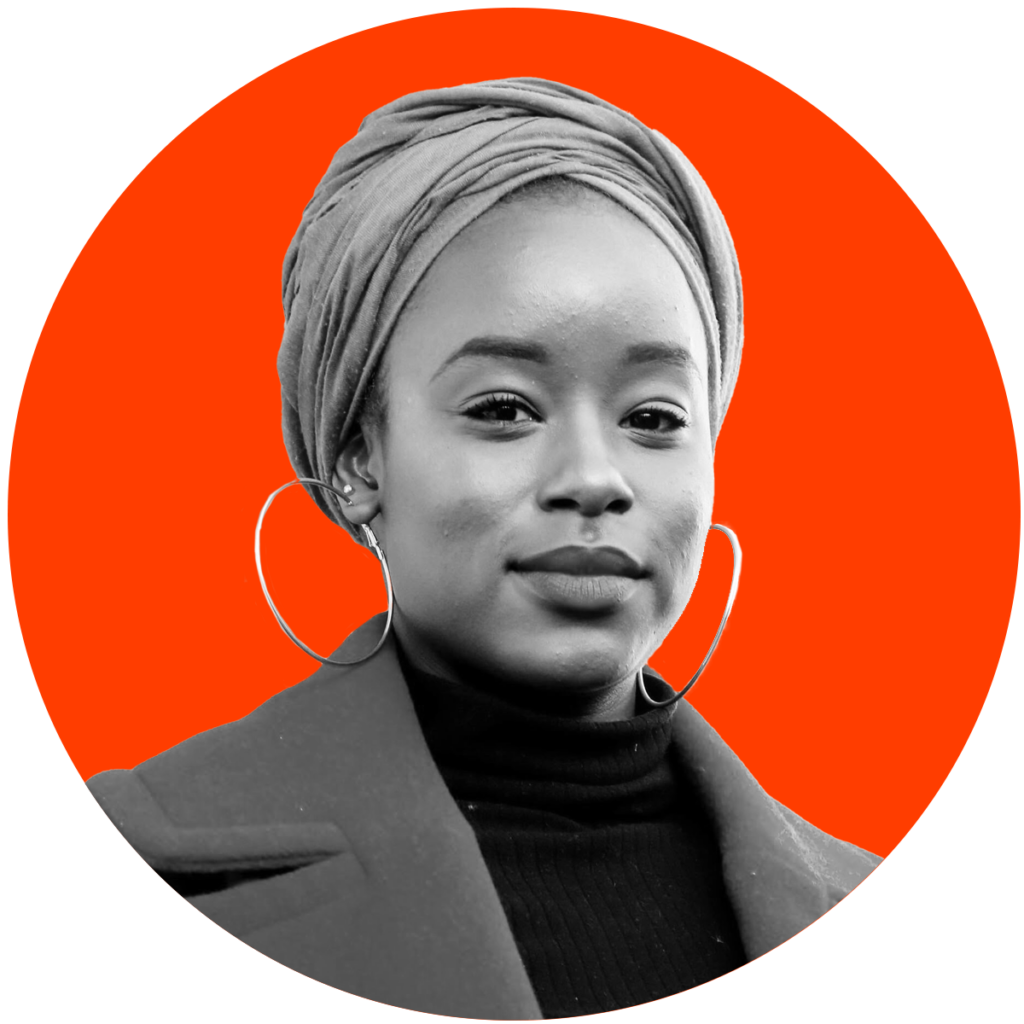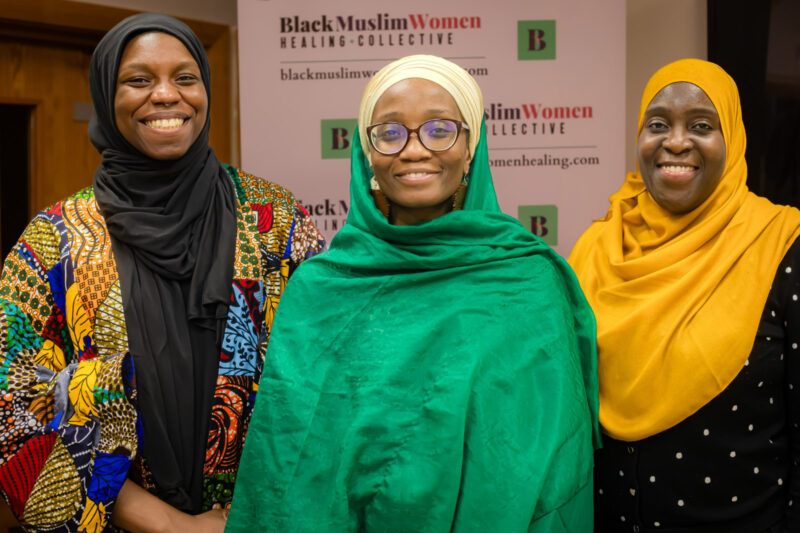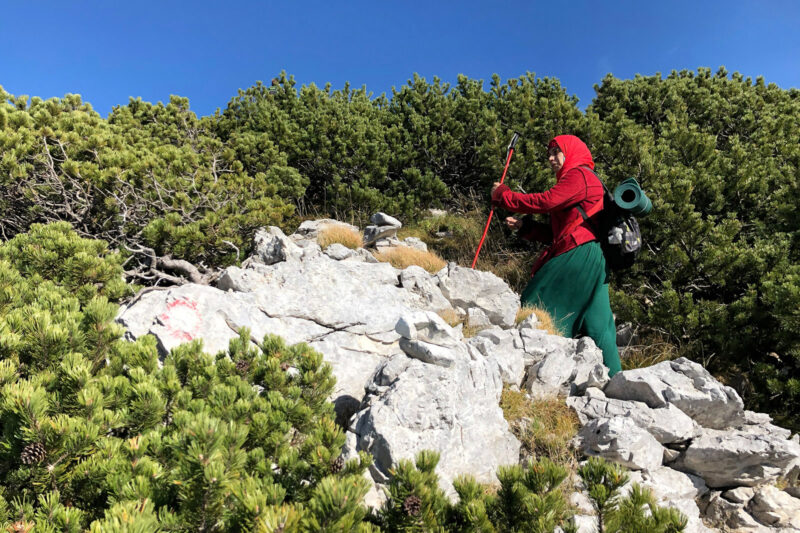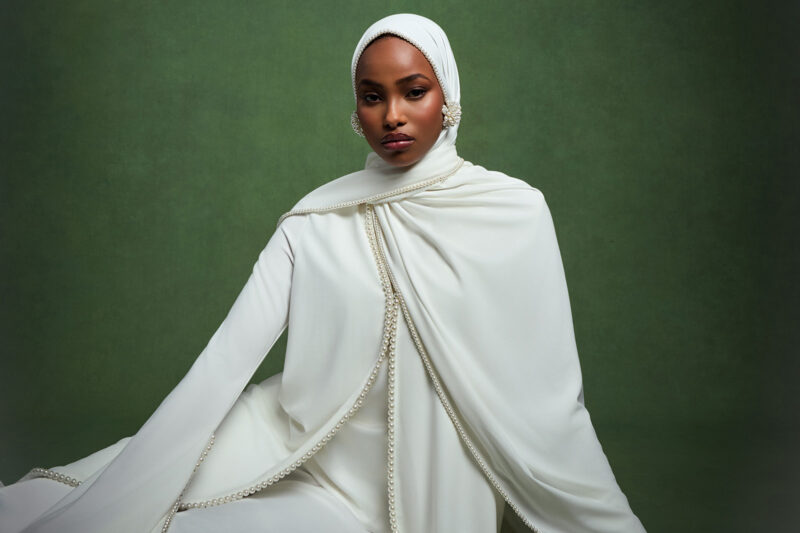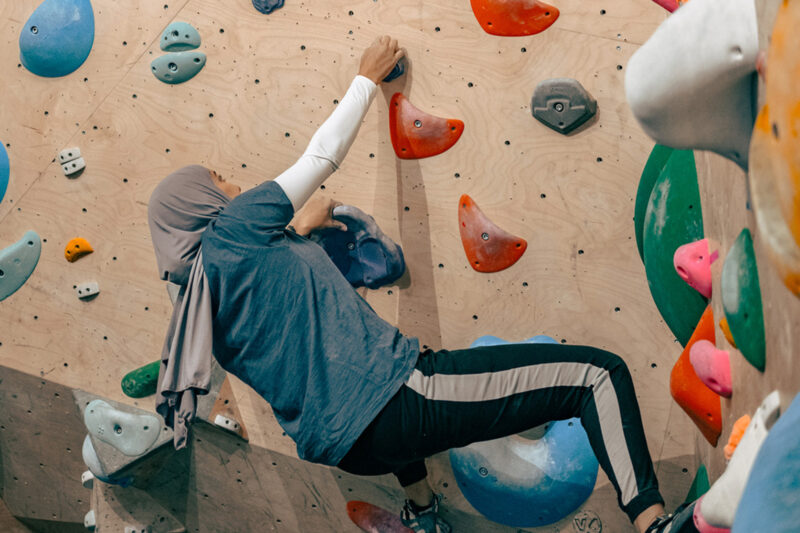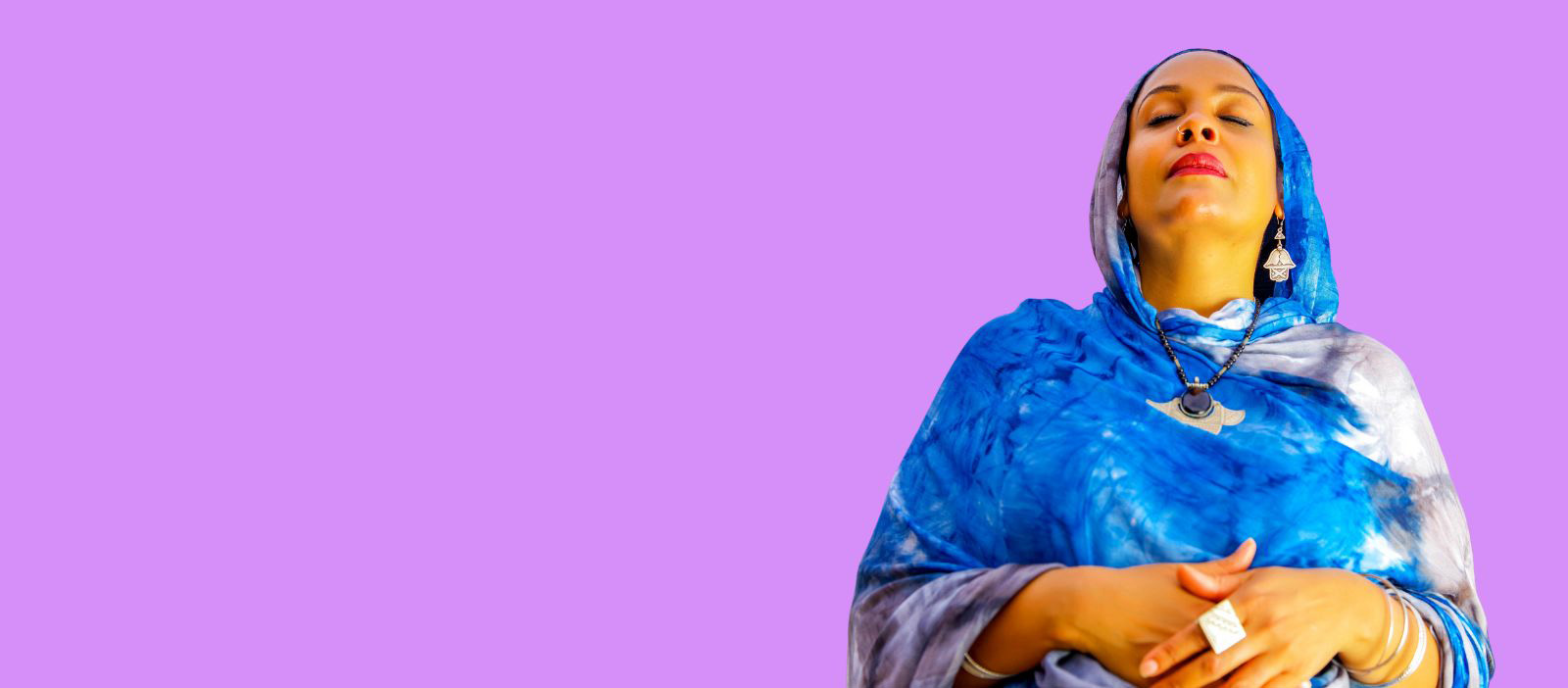
Sukina Noor: ‘Poetry is a bridge bringing people together’
Sukina Noor is the new Bristol City Poet 2024 to 2026. Photograph courtesy of Sukina Noor
The poet, spoken word artist and member of hip-hop duo Poetic Pilgrimage on returning home to Bristol and becoming its City Poet
Sukina Noor began writing as a 16-year-old in Bristol, trying to find a way to deal with her teenage angst. “I was quite an emotional person,” she recalls.
It was while studying in London in the early 2000s that the poet found herself among performers, delving into the world of spoken word and forming the hip-hop duo, Poetic Pilgrimage, with friend and fellow Bristolian Muneera Rashida.
Throughout her career, Noor has toured extensively with Poetic Pilgrimage, often referred to as Britain’s first female Muslim hip-hop duo, performing across the UK, Europe, the US and Africa. She kept writing poetry alongside lyrics and released her debut collection, Love & Longing: Yearning for the Face of God in 2023.
In October, Noor was named the new Bristol City Poet for 2024 to 2026. During her tenure, she will write 10 commissioned poems, perform at public events and run workshops and activities for local communities.
Noor tells Hyphen about the new role that’s taken her back to her hometown, and her roots in hip-hop and spoken word.
This interview has been edited for length and clarity.
Congratulations on being named Bristol City Poet. What does this role mean to you?
I’ve spent much of my career performing for audiences that are niche to me and my identity. I first performed at a talent show for young Black people. Then when I entered the spoken word scene in south London, I was performing for the African-Caribbean community — people with similar stories and history to me. When I became Muslim in 2005, I was then performing in Muslim spaces. Now, as the Bristol City Poet, I realise I can resonate with many people. I always thought my voice was only for people just like me, but being the city’s voice allows me to see my voice as universal.
What themes do you hope to address in your work as Bristol City Poet?
The concept of homecoming. I left Bristol when I was 19 for university in London and lived there for about 16 years. Going to London, I thought this was where I wanted to be. But as I got older, I realised Bristol was the city that made me.
I’m also interested in Afrofuturism and looking at the city from a different perspective. We have quite a dark history with the slave trade, but I don’t want my role to be dictated by the past. So I’ll be looking into how I can use poetry and workshops to reimagine the future of our city.
How do you think the role will influence your poetry?
I’m interested in poetry as a bridge and as a tool for bringing people together, so I’ll be thinking about my audience and my language a lot more. When I’m writing for Muslim audiences, I’m using language they can understand and connect with, so I might use an Arabic word here or an Islamic term there. Whereas, when I’m speaking on behalf of my city, I’ll have to speak in a way that reaches everyone.
I think my poetry will also be more lighthearted. It usually comes from a deep, spiritual place, so I’m interested in being more light and fun with my writing — I’ve never really played with poetry in that way.
When you started writing, how did you transition into hip-hop and spoken word?
I began with song lyrics — I wanted to be a singer more than a rapper or a poet. I was trying to tell my story through the lyrics. Then came spoken word, and hip-hop came afterwards. I didn’t even think becoming a rapper was on the cards, but I started to fall in love with hip-hop. Though, it was always about the message, not the beat or the music. The music was a way to drive the message and reach people. Hip-hop was the vehicle of my age and was the best tool to tell my story.
Who were your influences at the time?
I was very inspired by the artists in the conscious hip-hop scene, such as Mos Def and Talib Kweli. I also looked to singers like Erykah Badu, Lauryn Hill and India Arie. Growing up and entering adulthood, these artists were part of my golden era. Moving into spoken word, I was inspired by Saul Williams who was one of the first spoken word artists I heard who had an album. Now I’m very much inspired by the Sufi mystics, like Rumi, Hafiz and Rabia al-Adawiyya. The way they communicate their love for the Prophet Muhammad and Allah in the most profound language just takes your breath away.
How is performing hip-hop different from spoken word poetry?
With hip-hop, there are still some rules you have to abide by. For example, an average verse in a hip-hop track is 16 bars, which isn’t long, especially when you’re in a group with someone else and sharing verses. I felt restricted — if I had something I really wanted to say, I had to squeeze it in. When performing, you also have to think about the music and its impact, as well as the crowd participation. Hip-hop doesn’t work when the crowd isn’t giving you that energy back.
Performing poetry and spoken word is more stripped down. With a hip-hop track, there’s performance, music, flow and delivery to occupy the audience, whereas poetry is just words. Poetry reaches people in a very raw and spiritual way, and no matter how deep a hip-hop track is, there’s still a limitation to how deep it goes.
 Newsletter
Newsletter

